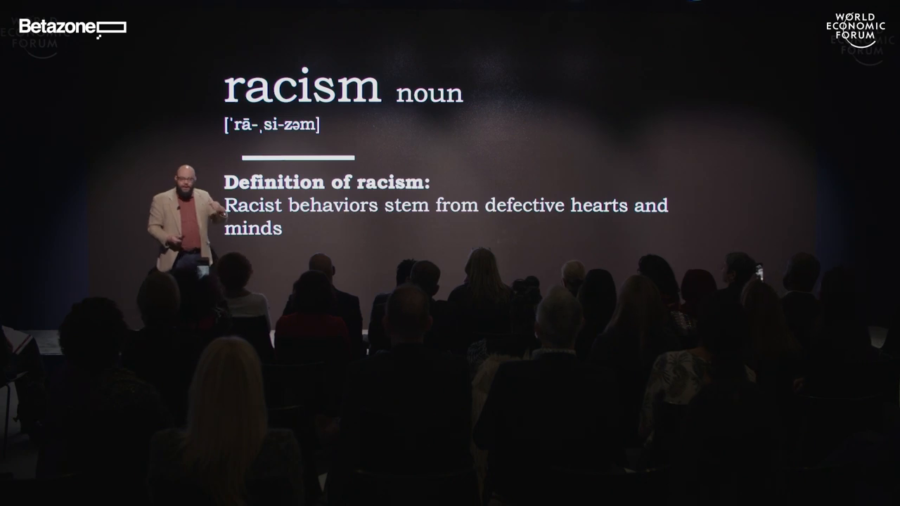I want to talk to you just a little bit about how the science of racism, how racism actually functions, can bring a little bit of hope to these difficult issues, without even needing to be especially political. And better than that, how the science of racism can lead to some actionable solutions to these seemingly impossible problems.
Archive
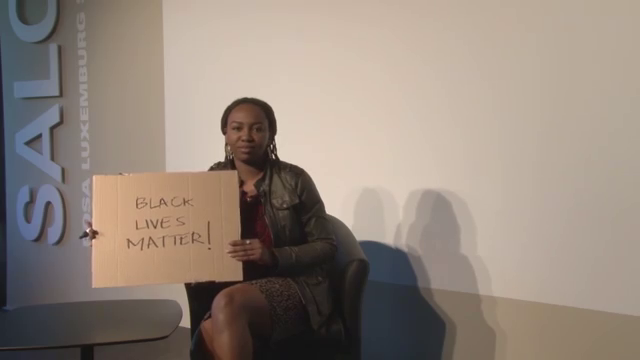
There’s a lot going on in the United States, right. So there’s a legacy of structural racism that’s been impacting Black communities in the United States ever since we were kidnapped from Africa and brought to the United States. And so what we’re seeing today is actually a continuation of the racist policies and practices of the United States. We’re seeing state-sanctioned violence with impunity on black people.
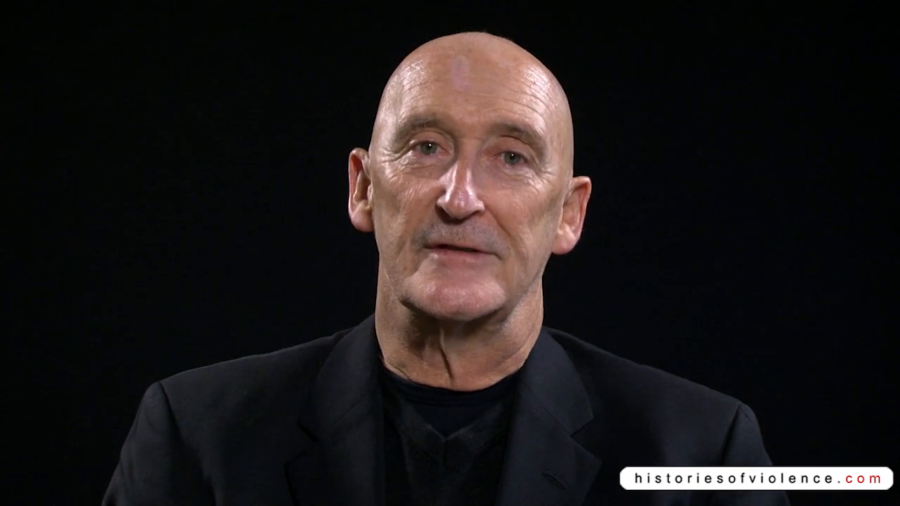
I’m not here going to think aloud about these various contestatory forms of evidence-giving, although much might be said about that in relation to thinking about violence. But rather to think about the Michael Brown shooting in Ferguson, Missouri and the kinds of police response to it in relation to the history of violence and the way in which race shapes said history of violence in a country like the United States…
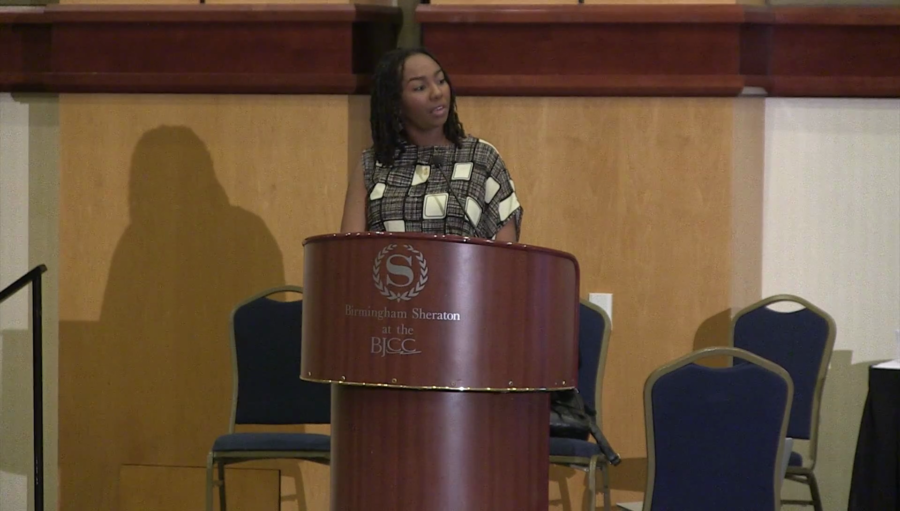
It’s paramount that our society recognize the role of anti-black structural racism in the US. And that our 21st century multiracial social movements uplift and centralize the issues of those community members who are impacted and are living at the margins. We know that if we do, we’ll get closer to real justice for all of us. Moreover, it’s been widely documented that the gains made by and with the black community have always led to better standards of living for all of us.
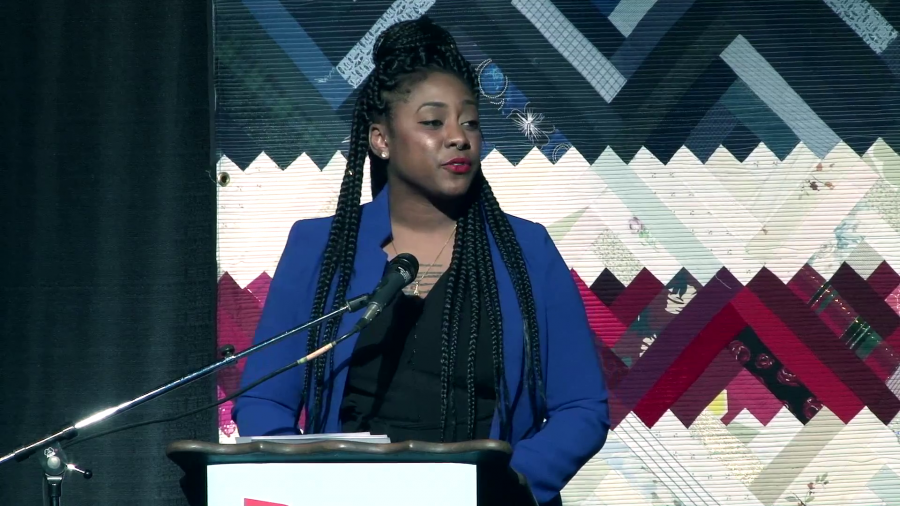
Black folks have consistently been denied the rights to privilege that come with citizenship that so many of us take for granted. And that’s why so many of us are no longer satisfied with the compromises and negotiations that happen behind the scenes, that continue to leave out too many people whose lives depend on the ability to participate in the decisions that impact their lives.

